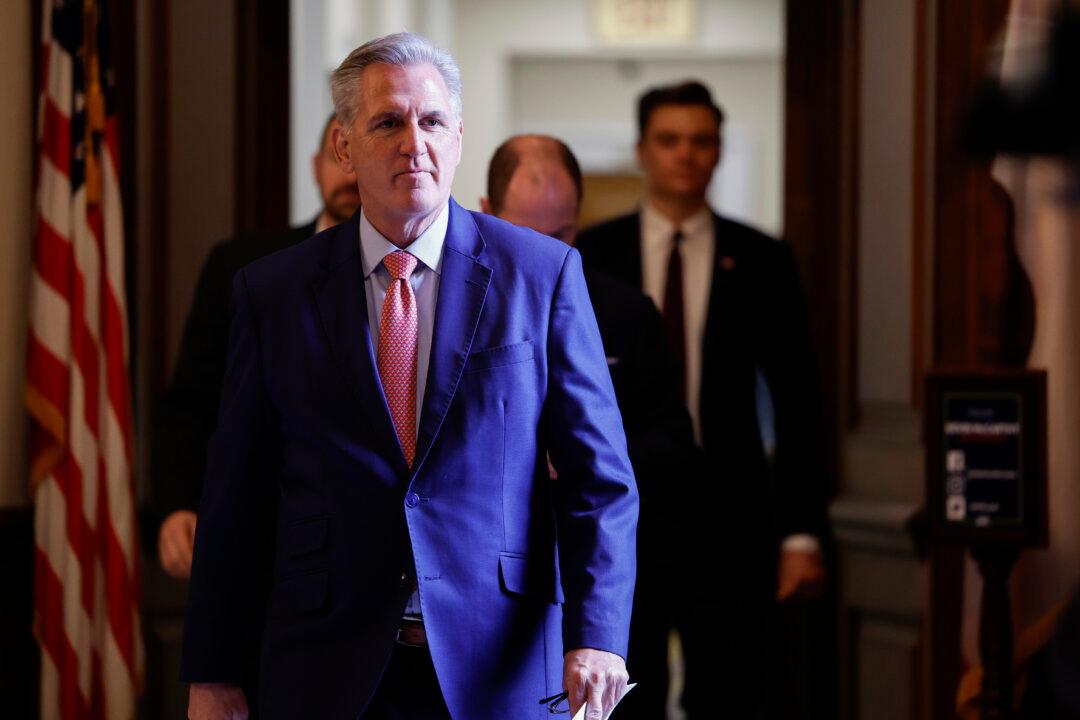WASHINGTON—The new Republican majority in the U.S. House rejected House Minority Leader Kevin McCarthy’s bid to become House Speaker on Jan. 3 but then failed to settle on an alternative candidate and adjourned until noon on Jan. 4.
In the first vote of a tumultuous first day of the 118th Congress, McCarthy, the California Republican who led the party to regain the majority in the November 2022 mid-term election, fell 15 votes short of the 218 he needed to become Speaker of the House.






